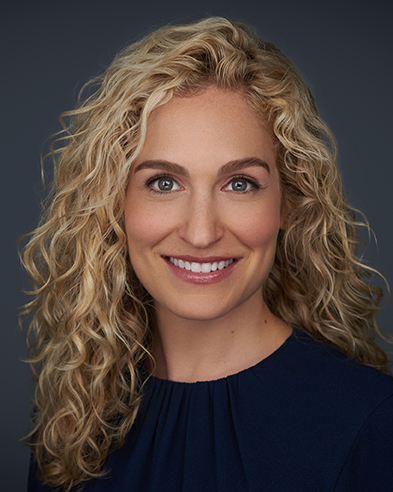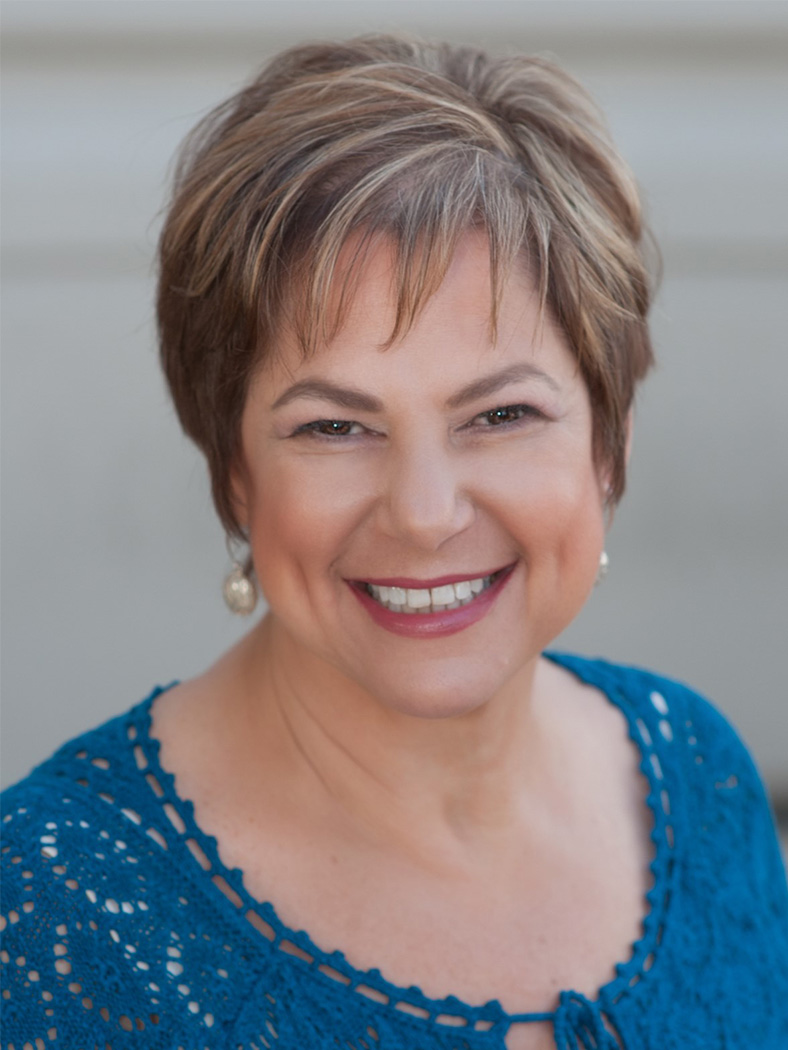Listen Now
Topics Covered
- Overview of Common Eye & Vision Changes Related to Cancer Treatments
- Discussion of Common Eye & Vision Changes, Including Causes & Risk Factors
- Tips to Manage Dry Eyes, Watery Eyes, Itching Eyes, Blepharitis, Loss of Eyelashes, Changes in Vision, Cataracts, Floaters & Flashing Lights
- The Role of the Multidisciplinary Team
- Tips to Manage Low Vision & How Eye Products Can Help You Manage Eye/Vision Changes
- Clinical Trials: How Research Increases Your Treatment Options
- Communicating with Your Health Care Team
- Guidelines for Eye Examinations & Check-Ups
- Quality-of-Life Concerns
- Telehealth/Telemedicine Appointments, Including Technology, Prepared List of Questions, Follow-Up Appointments & Discussion of Open Notes
- Questions for Our Panel of Expert
Our Panel of Experts

Kapil Mishra, MD
Board-Certified UCI Health Ophthalmologist, Medical & Surgical Diseases of the Retina & Ocular Oncology, Clinical Interests in Medical Retinal & Surgical Diseases, Intraocular Tumors & Ocular Side Effects from Systemic Chemotherapy, University of California Irvine School of Medicine

Lauren B. Yeager, MD
Assistant Professor of Clinical Ophthalmology, Pediatric Ophthalmology and Strabismus, Edward S. Harkness Eye Institute, Columbia University Medical Center

Stewart B. Fleishman, MD
Former Founding Director, Cancer Support Services, Continuum Cancer Centers of New York, now part of the Mt. Sinai Health System, Author, Researcher in Oncology

Laurie Feingold, MSW
Oncology Social Worker, CancerCare
Brochure
You can download the brochure for this workshop
Workshop Date
This workshop was originally recorded on April 21, 2025.

